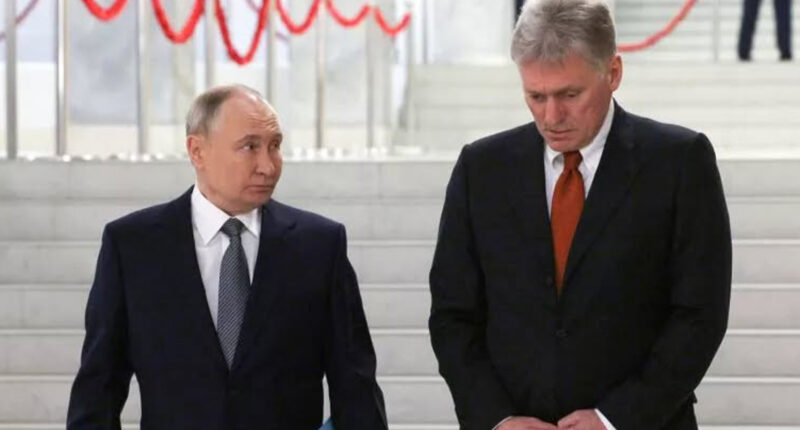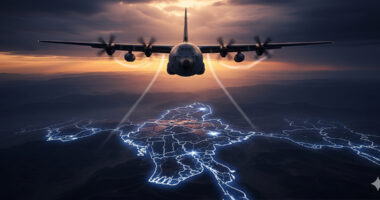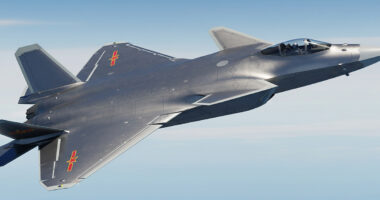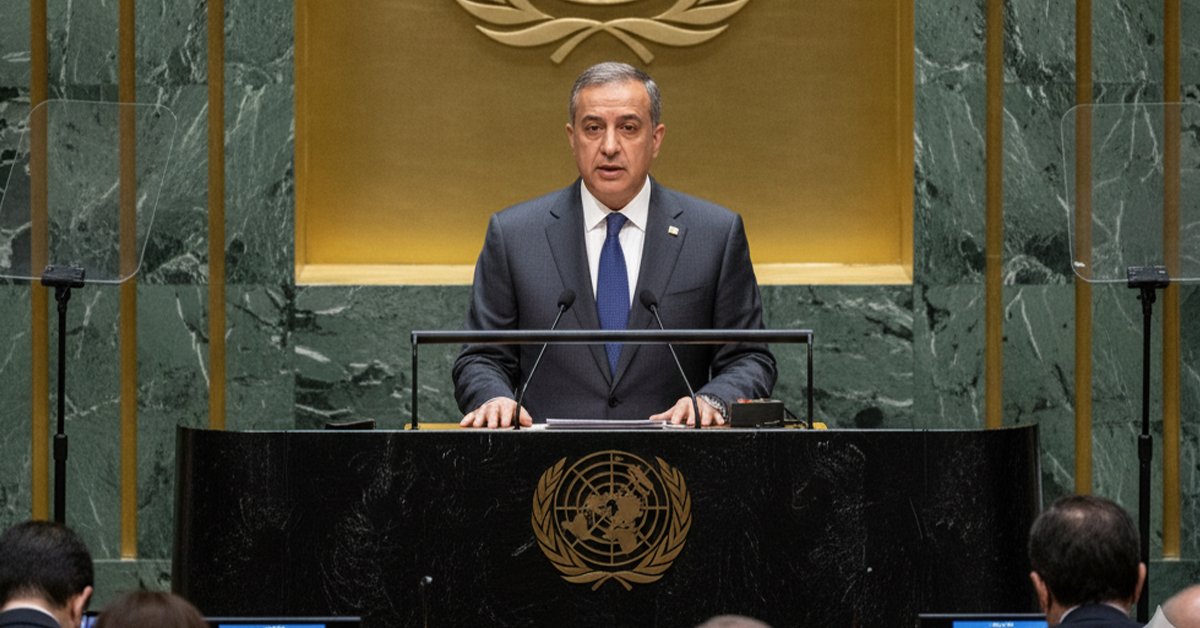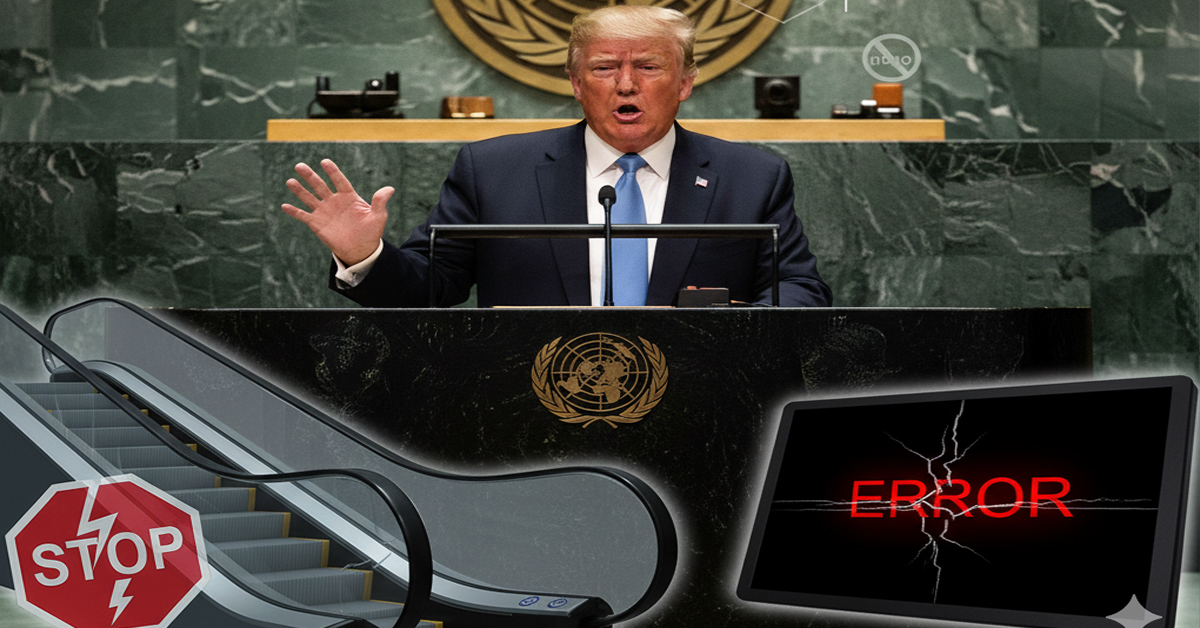In a dramatic escalation of rhetoric, the Kremlin has openly stated that it considers the NATO military alliance to be effectively at war with Russia. This declaration, made by government spokesperson Dmitry Peskov, marks a significant shift in Moscow’s public stance and raises the stakes in the ongoing conflict in Ukraine.
During a press briefing on September 15, Peskov asserted that NATO’s extensive and continuous support for Ukraine means the alliance is already a de facto participant in the war. He argued that this reality is “obvious and does not require any additional evidence,” pointing to the direct and indirect military aid, financial assistance, and training that NATO member states have provided to Kyiv.
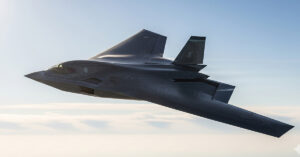
This stark comment follows a period of heightened tension on Russia’s western border, particularly after Russian drones reportedly violated the airspace of NATO member nations Poland and Romania. In the Polish incident, NATO and Polish fighter jets cooperated to intercept and shoot down some of the invading drones, an unprecedented action that brought the alliance and Russia to the brink of a direct military confrontation.
The Kremlin’s statement comes amid a noticeable surge in disinformation campaigns, which observers say are being amplified from Russia and Belarus. Following the drone incident in Poland, social media was flooded with false narratives claiming that Poland was about to be drawn into a wider war. These fear-mongering tactics are seen as a form of psychological warfare, designed to sow panic and division within NATO member states.
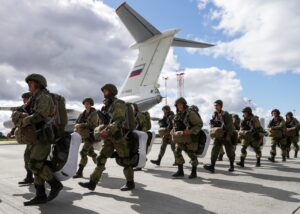
While Poland and other NATO allies have been careful to avoid direct military engagement in Ukraine, their support for Kyiv has been steadfast. The provision of weapons, financial aid, and military training has been a critical lifeline for Ukraine’s defense. From Russia’s perspective, this level of assistance blurs the line between a neutral partner and a combatant. This viewpoint is at the core of Peskov’s recent comments, suggesting that the very act of arming Ukraine is an act of war against Russia.
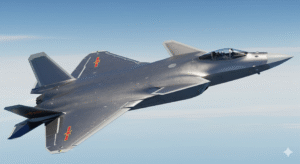
The ongoing situation highlights a dangerous “gray zone” in international relations. NATO’s official position is that it is not a combatant in the conflict, and its actions are purely for the defense of its members and to support a sovereign nation’s right to defend itself. However, Moscow’s new narrative rejects this distinction entirely, presenting a new and perilous framework for the future of the conflict. The world now watches with bated breath, as this verbal escalation could pave the way for a more direct and open conflict between nuclear-armed powers.
